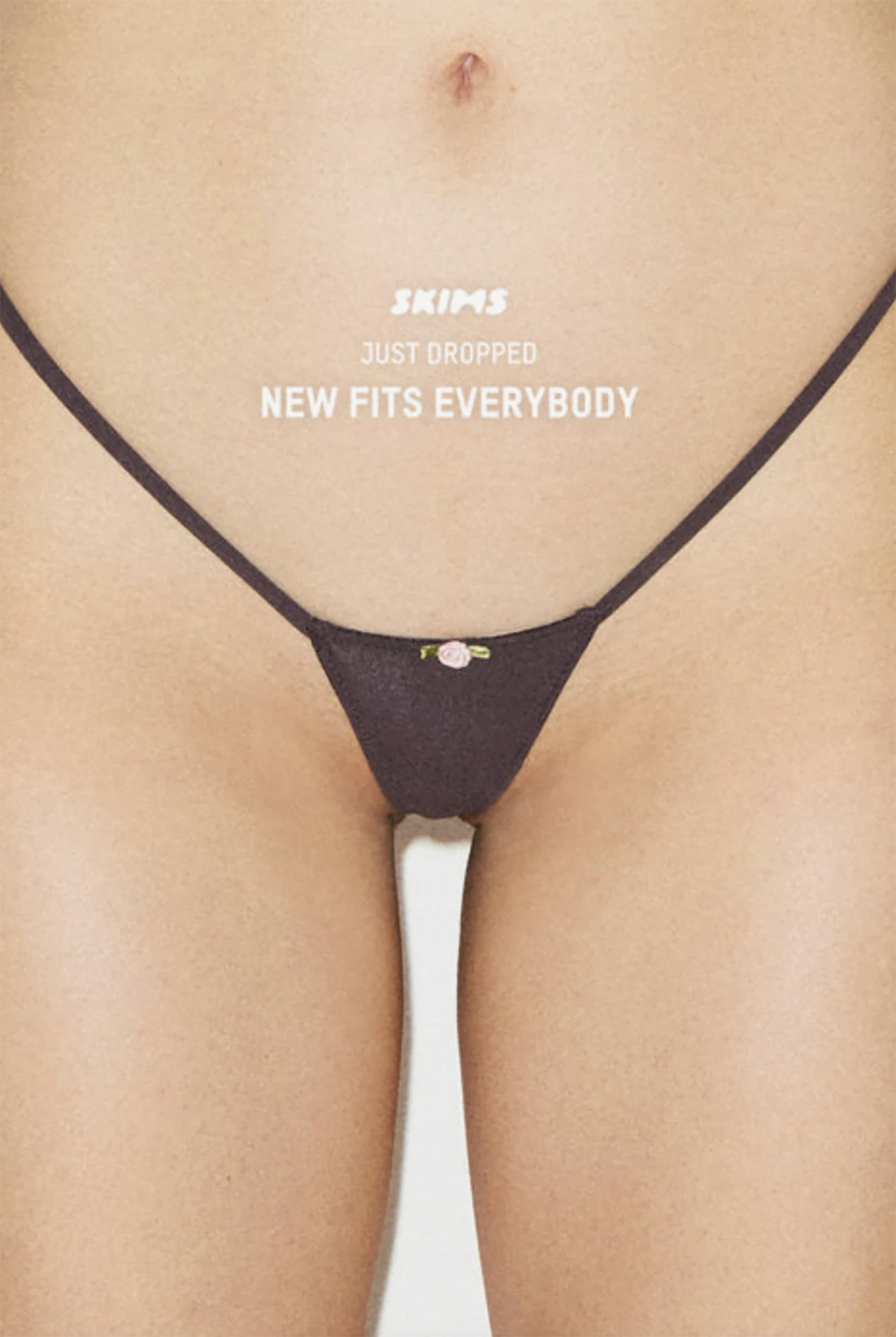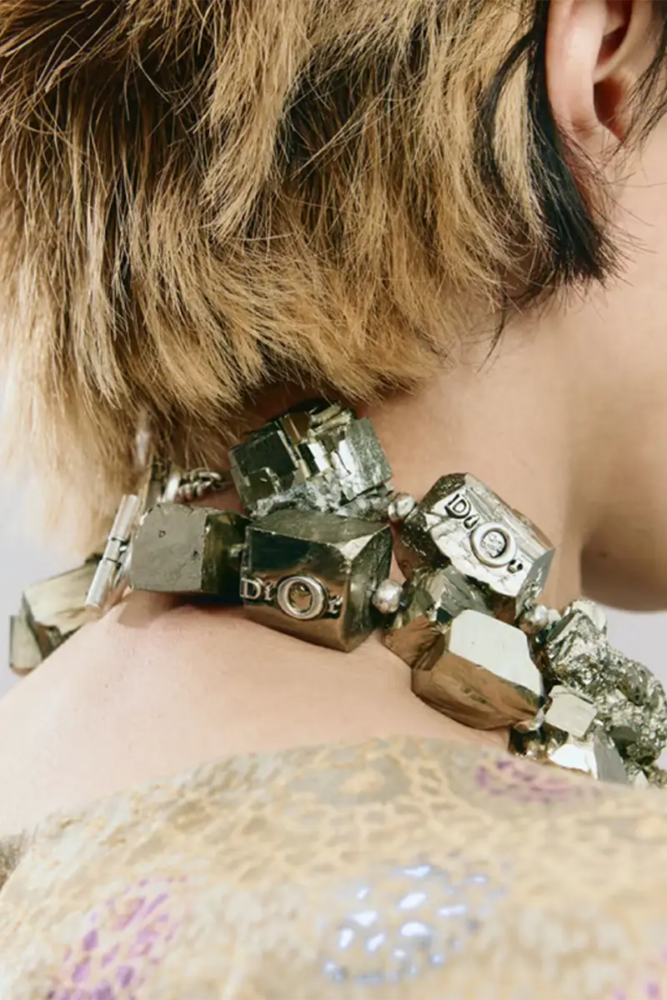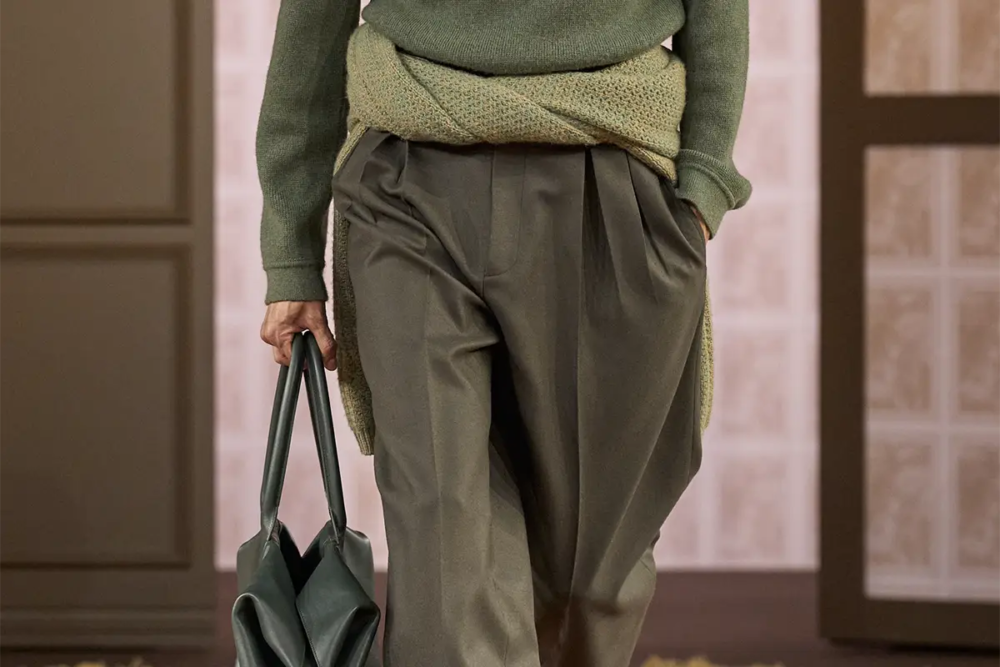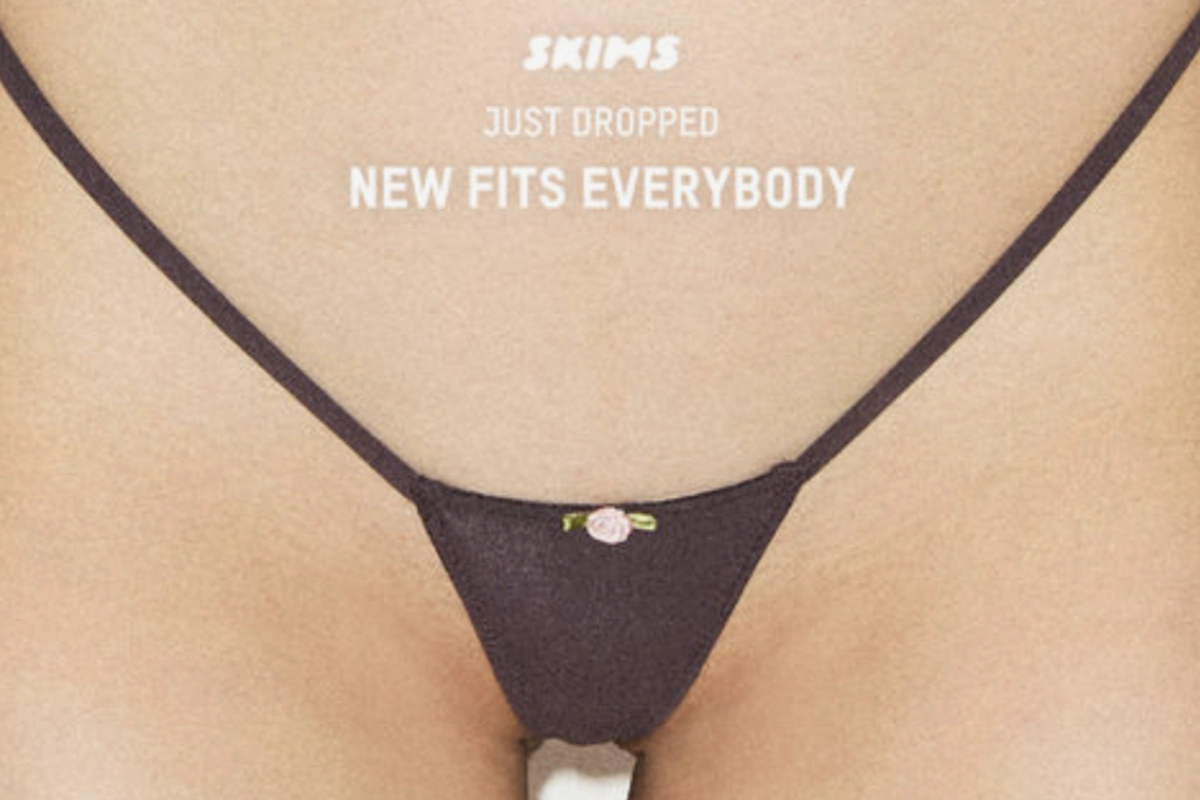
Who are the Boomers? The ones who dismiss the word “sustainability”
Sustainability is an overused word, dangerously close to losing its meaning — and Boomers are quick to dismiss it, even though it remains the only reliable code of critical thinking
Who are the Boomers? The generational label, the definition, and the mindset
If we go by generation, Boomers are people between the ages of 59 and 76. We’re not talking ancient characters — we’re talking about today’s leaders and decision-makers. Most of the people in power today are Boomers. Beyond the label, Boomers are the ones who were able to acquire not just what they needed, but what they wanted. They took to the streets in political protest; they were among the first to express concern over environmental threats and pollution.
Now they’re the ones who water the trees in their yards but never think — never imagine — planting a tree along a public street. Boomers are the ones prone to impulsive Amazon Prime shopping, clicking on low prices with free home delivery — never questioning why the price is so low. They don’t notice the cheap plastic components. They don’t go to the local greengrocer — the mall is far more convenient — even though cherries at the corner stand cost as much as jewelry. Try explaining to a Boomer that there’s an ethical reason behind supporting short supply chains and small businesses.
Sustainability doesn’t sell — and customers don’t care
That’s the belief shared by both Boomers and buyers: “Sustainability doesn’t sell.” Buyers — those who were already professionals in the ’90s — repeat the mantra: customers don’t care. They say: everyone talks about sustainability, but no one buys it. Over and over again: customers don’t care.
This is what an eminent and powrful buyer — currently managing a concept store with locations in both Italy and Korea — explained to me in a meeting. I asked him: what, exactly, is sustainable on the racks and shelves of your store? Maybe it’s not that customers don’t care — maybe no one’s offering them anything truly sustainable in the first place.

There is no offer — no actual sustainability in the product
From big corporations to young designers, when they talk about sustainability, they talk about recycled fibers, regenerated plastic, local supply chains, workforce diversity and inclusion. They talk about reducing waste, phasing out fossil fuels, and rolling out futuristic employee benefits.
All of that is ok — but it’s not enough. Sustainability should be a clear, simple, and concrete code of practice. Too few people talk about actual, pragmatic sustainability in the product that’s going to be sold. We need to send clear, simple messages that break through the noise. Here’s a definition: a textile product is sustainable only if it does not release microplastics. That’s it. That’s the line.
On the shelves of that concept store: ultra-cool clothes. Graphic prints, over-the-top silhouettes — all black, all elastic, all padded, all leather. Plastic sequins. Neon prints. This is what you’ll find at one of the trendiest concept stores in Milan. Sure: Rick Owens, Duran Lantink, Alaïa — already iconic. My friend — someone I’ve always adored — just launched a new brand of stretchy, fluorescent printed tracksuits. A stereotypical Boomer.
Boomers and stereotypes — Millennials and Gen Z call each other Boomers
Today’s Boomers are also those who believe digital platforms are the only way to do business, the only way to reach younger consumers, voters, or audiences. A famous divorce lawyer, a lady, once made sure I knew that every morning, while on the toilet waiting to defecate, she scrolls TikTok.
Boomers are the ones who post tributes when a celebrity dies — because no one reads obituary pages anymore. The easiest place to spot a Boomer? Any social media platform. They’re the ones who still see it as the grand evolution — and believe that if you’re not using social media, you’re out of touch.Iif they’re managers, city mayors, dentists, or urban architects — Boomers believe that every message should be filtered through social media.
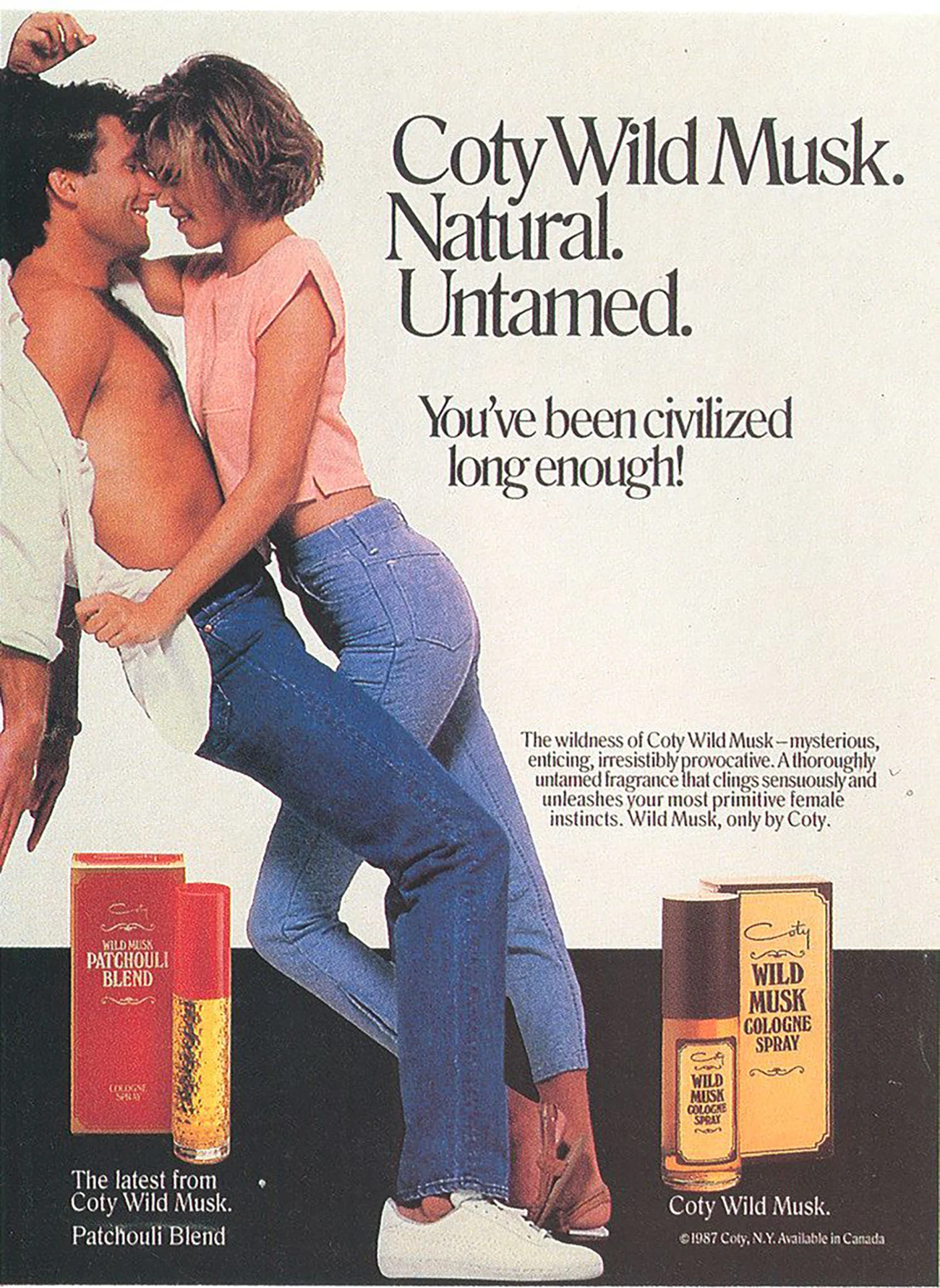
Boomers and the boredom of sustainability: thirty- and forty-somethings who put family first and miss the contradiction
Boomers still manage to act and make decisions without asking whether what they’re doing is sustainable or respectful of others. They call sustainability “boring,” and only refrain from sighing about it out of politeness. They believe no one really cares — and that in any market, sustainability is ultimately irrelevant.
They say the opposite in public, of course — but in practice, they abandon the concept every time. This isn’t just about age. Boomers also include thirty- and forty-somethings who always put their families first. They take their kids skiing every winter weekend — hoping they’ll become champions on the slopes. Never mind that by the time those kids grow up, there may be no snow left to ski on. July will be a brutal, unbearable month — instead of the dreamy seaside memory it was for us.
Defining sustainability: a textile product must not release microplastics
Here’s a clear, simple definition: a textile product is sustainable only if it doesn’t release microplastics. Meaning: it must not be made from synthetic fibers, adhesives, or dyes set with acrylic agents that fragment during washing. Even recycled synthetic fibers tend to break down more easily. If the nylon is regenerated — melted down and re-extruded into a new thread — the fiber is solid. If the material is shredded and spun again into shorter fibers, the result is a weaker, more fragile textile.
Boomers and Baby Boomers against purpose economy
Anyone with half a brain — after a pandemic and during a European war — can see that being an entrepreneur today means creating positive value, not just providing jobs.
It means creating tangible good: building a tree-lined road, an energy-autonomous factory, or an independent publishing house. It means rejecting financial speculation — the same kind we found monstrous fifteen years ago, now repackaged as digital service bubbles. Boomers don’t understand ethical entrepreneurship, nor any purpose economy. They think it’s a sentimental nonsense. And if they have to consider it, they dismiss it with the same smugness they use to dismiss communism.
Carlo Mazzoni
